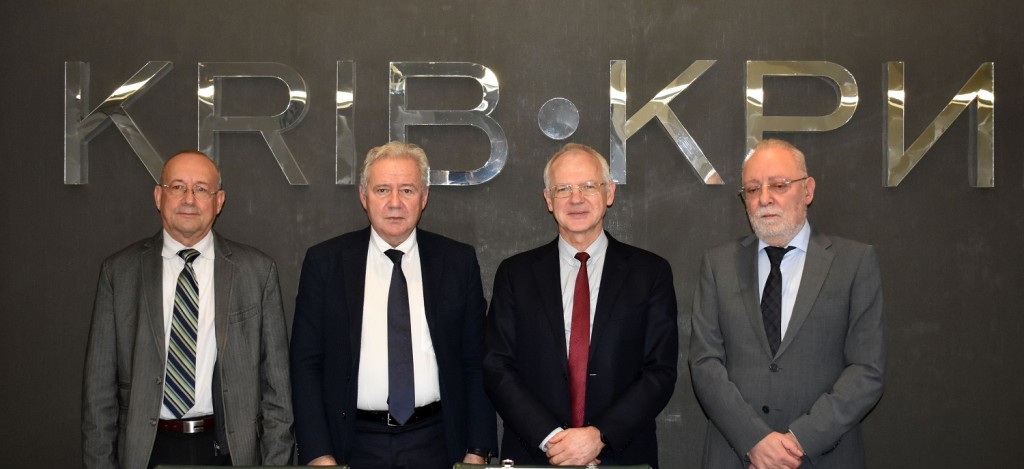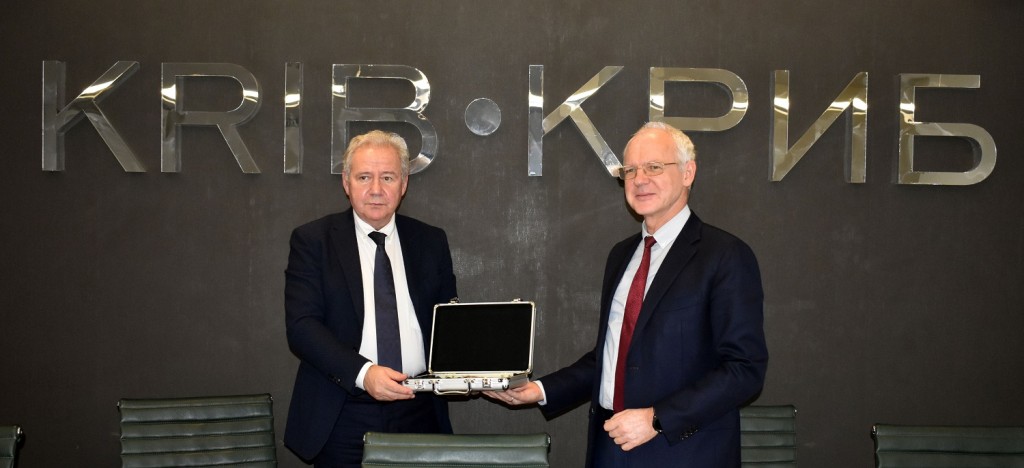EUROPEAN ECONOMIC AND SOCIAL COMMITTEE PROPOSES THE ESTABLISHMENT AND DEVELOPMENT OF A NETWORK OF FINANCIAL OMBUDSMANS IN EU

The European Economic and Social Committee (EESC) proposes the creation and development of a Network of Financial Ombudsmen in all EU Member States. The network should be coordinated by the European Commission (EC), aiming to cover the access of small and medium-sized enterprises (SMEs) to all possible sources of funding and to offer systematic solutions to address the problems. In addition to helping SMEs to access funds on a daily basis, such a network can assist the EC in collecting and analyzing data to assess the effectiveness with which intermediary banks use financial instruments to reach SMEs. This was stated by the Vice-President of SGI Europe https://sgieurope.org/, EESC rapporteur https://www.eesc.europa.eu/en on the SME Strategy and Secretary General of the Industrial Capital Association in Bulgaria Dr. Milena Angelova during the meeting of the European Network of SME Envoys (https://ec.europa.eu/growth/smes/sme-strategy/sme-envoys_en), which took place in Brussels.
“Today, more than ever, European SMEs face challenges that require rapid and innovative solutions that allow them to take advantage of the opportunities for digitalisation and a successful transition to a neutral economy. They should be supported by digital innovation centers and other networks and benefit from the incentive measures outlined in the SME Strategy. The COVID-19 pandemic, rising inflation, the unprecedented rise in electricity and natural gas prices reflect an extremely negative economic impact on SMEs. These are factors that underlie the decline in SME revenues, supply chain disruptions, lack of liquidity, lack of know-how to absorb and accelerate digitalization and others, “said Dr. Milena Angelova.
According to her, the mission of SME envoys is extremely important, as it is a bridge between the EC, SMEs and their representative organizations, through which the faster recovery of business can be helped. And the reports provided by the European Network of SME Envoys are at the heart of better marketing of SME support measures created by the EC.
During the meeting, the EESC Vice-President made several proposals to improve the work of the Network and the SME Envoys. Among them are the interaction between SME organizations at European and national level and the network of SME envoys to be set on a systematic and direct basis. At national level, all SME organizations should be closely involved in the recruitment and monitoring of SME envoys, and the EESC is committed to helping to increase their effectiveness. Among the other proposals, of which the EC has already been notified, is the urgent appointment and launch of an EU SME envoy with operational status in the institutions.
On behalf of the EESC, Dr Milena Angelova welcomed the publication of the long-awaited SME strategy and said that its successful implementation required synchronized action at different levels of government, which would require joint action between the European institutions, national governments and SMEs. “The active participation of organizations representing small and medium-sized businesses at European, national and regional level must be ensured. The resources provided by the EU under the Multiannual Financial Framework 2021-2027 and the Mechanism for Recovery and Sustainability are key to supporting and maximizing the potential of SMEs. The ongoing dialogue with the business community and stakeholders will allow timely action to be proposed for faster and more successful implementation of the SME strategy, “she added.
Dr. Milena Angelova drew attention to the opportunities to study the specific needs of different subgroups of small and medium enterprises that have the potential to add value to the process of economic development. This will make it possible to develop and provide an effective portfolio of policy measures to promote the growth of SMEs. According to her, the definition of SME is an important tool to improve access to support measures and Member States must implement it, taking into account their own national characteristics. SME envoys are the ones who will organize these recommendations into specific policy measures and support schemes in the countries concerned to respond to each specific situation.
For the European Network of SME Envoys
The European Network of SME Envoys was set up in 2011 as part of the review of the Small and Medium Business Act. The main role of the European network is to improve communication between the EC, SMEs and representative business organizations. To this end, it promotes the interests of small and medium-sized businesses and ensures the effective implementation of the “think small” principle in the Europe 2020 strategy. Each EU Member State has its own national representative.

 English
English













